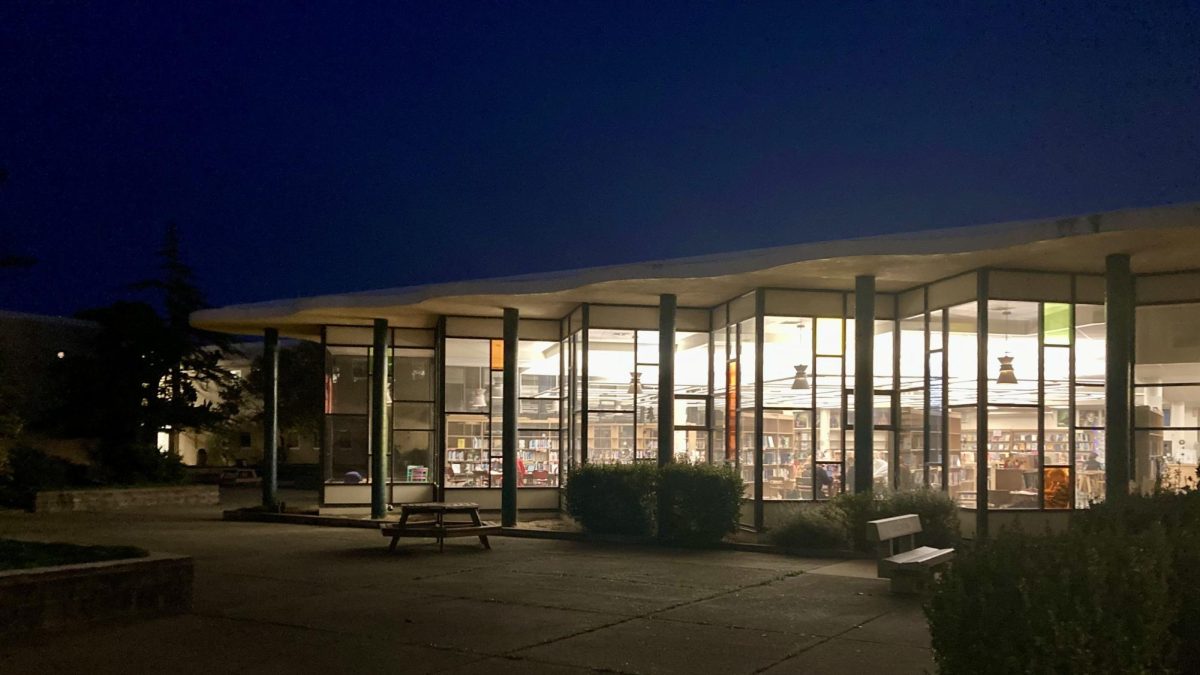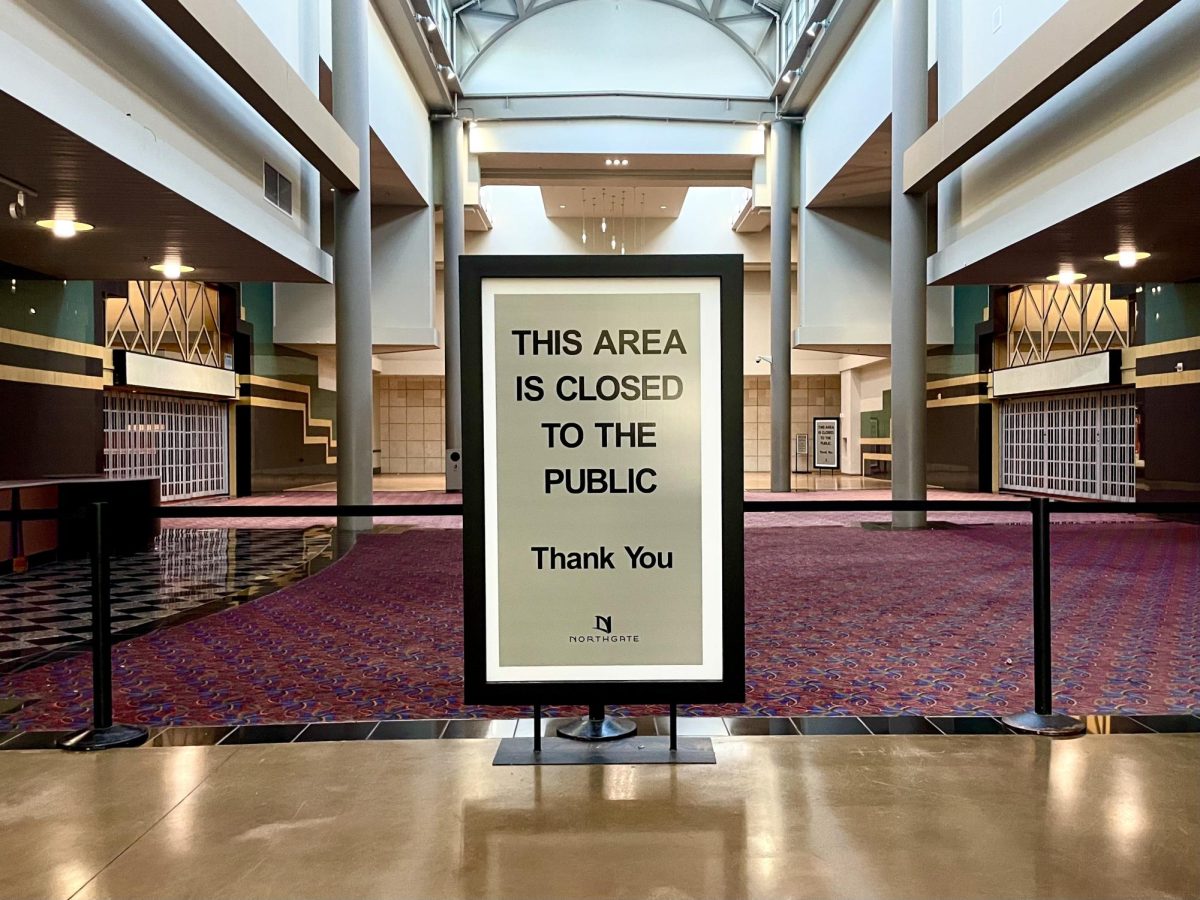National college freshman enrollment dropped five percent in the fall of 2024, marking the first significant decline in freshman enrollment since 2020, according to the National Student Clearinghouse Research Center. While overall undergraduate enrollment has increased, the number of first-year students has fallen significantly, signaling a broader shift in how Americans view the value of a four-year degree as more people question its relevance, affordability and investment return. However, Redwood has not followed this trend. According to Redwood’s official school profile, 92 percent of the class of 2024 planned on attending four-year colleges, well above the national average of 46 percent of high school graduates.

Nationally, the decline in college enrollment is driven by rising tuition costs, changes in the job market and a growing recognition of the idea that many careers offer competitive salaries without requiring a four-year degree. Senior John Kozubik, who plans to graduate early from Redwood to pursue a career as a diesel mechanic, believes new perceptions of success fuel the shift in college enrollment.
“I think that people are starting to see that there are different ways to achieve a fulfilling career [than a college degree],” Kozubik said. “[Success] is not just about having a degree — it’s about finding something you’re passionate about and good at.”
According to College Board, tuition has continued to rise, with public four-year in-state university tuition increasing by an average of 2.7 percent from 2023 to 2024, causing some students to question the financial return on a degree. Kozubik sees the growing trend of reconsidering college as a positive shift.
“I think it’s good that people are reconsidering college as the default path,” Kozubik said. “There are plenty of successful careers that don’t require a four-year degree.”
Additionally, the United States Bureau of Labor Statistics stated that careers in skilled trades — which typically require certifications or apprenticeships rather than a four-year degree — can offer salaries comparable to or even exceeding those of some careers available to those who received degrees. Public confidence in the value of a college education has also decreased, with a report from Gallup and the Lumina Foundation showing that fewer adults believe a college degree is worth the cost. Financial concerns and the increasing appeal of skilled trades are shifting preferences from traditional higher education toward alternative career paths.
School counselor Tami Wall believes Marin County’s demographics play a major role in the area’s consistently high college attendance rates.
“[Marin] has a lot of educated parents, sothe expectation is that their children will also go to college,” Wall said.
Kozubik believes that societal pressure often pushes students toward college, stopping them from exploring other career paths.
“A lot of people don’t try their hand at anything [besides academics] because they’ve been taught that college is the only option,” Kozubik said.

Kozubik highlighted how societal norms often discourage exploration of non-traditional paths, noting that many students are guided toward college as the default option from an early age.
“It’s a real waste when students don’t explore other paths simply because they’ve been led to believe that college is the only way to succeed,” Kozubik said.
Community colleges, which offer lessons in skilled trades and technical programs, reported a 1.2 percent increase in freshman enrollment, showing the rise of alternatives that do not require a four-year degree.
Kozubik sees the financial advantages of trades and believes that society needs to redefine what constitutes career success.
“You can make good money in trades, but people often overlook it because they are so focused on getting a degree,” Kozubik said.
While career-focused education is becoming more popular in other areas of the country, it has not been a major focus at Redwood.
“There is no significant demand for career-focused education here at Redwood yet, but if there were, the district would likely work to accommodate it,” Wall said.
Despite national trends showing a growing interest in career-focused education, Wall reiterated Redwood’s dedication to maintaining its focus on college preparation.
“For now, our focus is on preparing students for higher education, and I don’t see that changing anytime soon,” Wall said.









